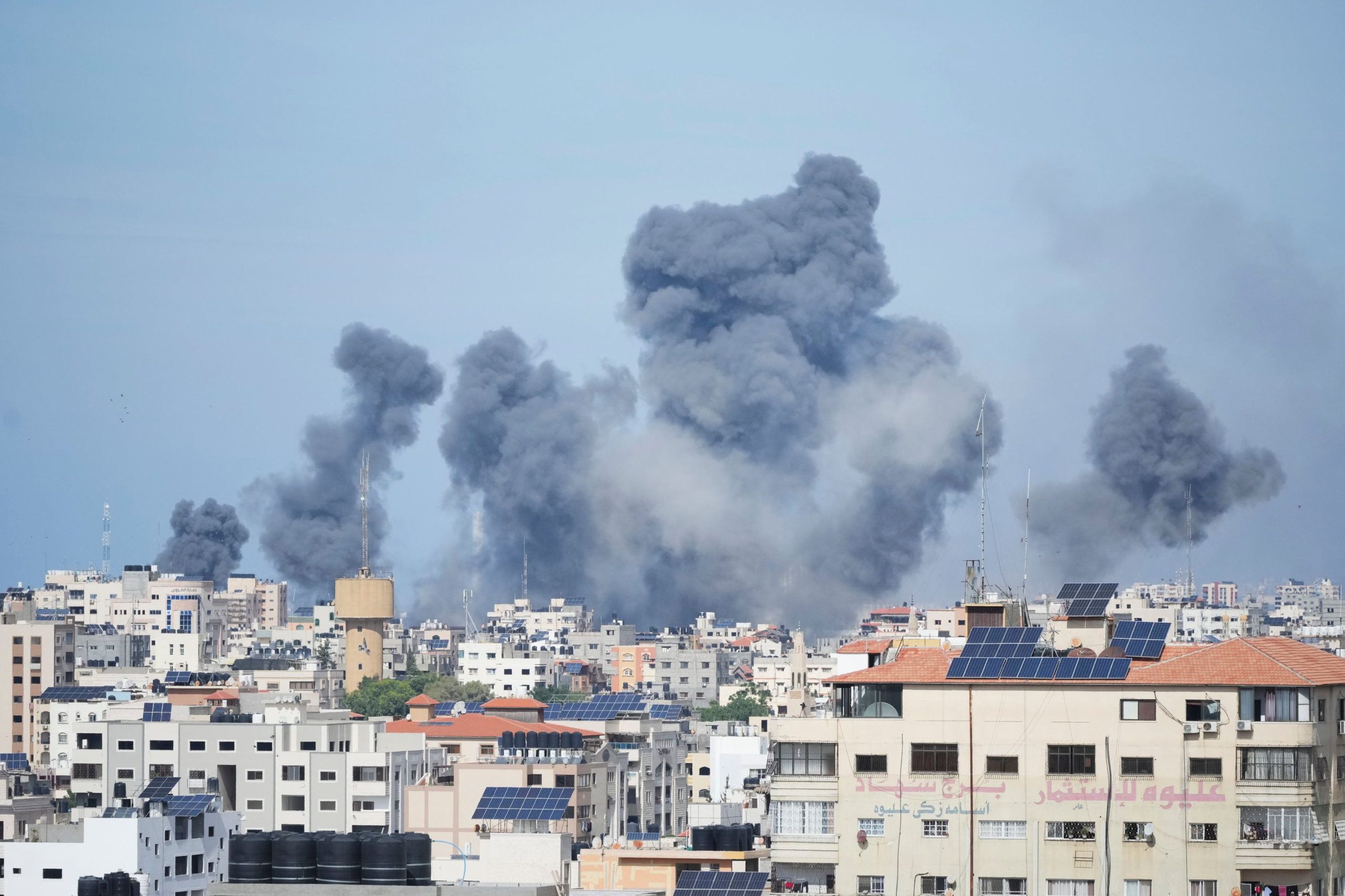Israel’s security cabinet voted on Saturday night to officially go to war following a major attack on the country by Palestinian armed group Hamas, the office of Prime Minister Benjamin Netanyahu has said.
The invocation of Article 40 of Israel’s Basic Law allows the government to take “significant military action that may lead, with a level of probability close to certain, to war,” Netanyahu’s office said on Sunday.
LATEST: 250 Bodies discovered at the Site of a Music Festival in Southern Israel reportedly consists of many Foreign Nationals including Americans.#Israel #Palestine #Hamas #طوفان_الأقصى #Hezbollah #حماس pic.twitter.com/ooGBy5w4NC
— Hareem Shah (@_Hareem_Shah) October 8, 2023Under the legislation, the prime minister will be able to make certain decisions regarding the war with just the approval of the security cabinet, it added.
Netanyahu’s office also said the government had asked the Israeli parliament, the Knesset, to activate emergency regulations allowing for detainees to be held in custody for a longer period without being brought before a court.
NEW: INSANE footage shows Hamas soldiers parachuting down into Israel.
This is truly scary to witness. What are your thoughts?#Palestine #Palestinian #IronDome #Gaza #TelAviv pic.twitter.com/w7rRzjSebv
— Libs Fails 🇺🇸 (@LibsFails) October 8, 2023Netanyahu declared that Israel was at war in his first message a few hours after Hamas fired thousands of rockets at Israel and sent its fighters into Jewish settlements near the border with Gaza on Saturday morning.
“Citizens of Israel, we are at war. And we will win,” the prime minister said in his address. “The enemy will pay a price like they have never known before,” he vowed, referring to Hamas.
WTF!
An Egyptian police officer has shot and killed at least 3 Israeli tourists. More are wounded.
This war is spreading like wildfire.#Israel #Hamas #Palestine #Palestinian #IronDome #Gaza #TelAviv
pic.twitter.com/Xb2VE838uR
— Ashlea Simon (@AshleaSimonBF) October 8, 2023The history of the Israeli-Palestinian conflict is complex and long-standing. The conflict can be traced back to the late 19th century, when the Zionist movement began to advocate for the establishment of a Jewish homeland in Palestine. The conflict escalated in the early 20th century, as Jewish immigration to Palestine increased and tensions with the Arab population grew.
The first major Israeli-Palestinian war occurred in 1948, when Israel declared its independence and Arab armies invaded. The war resulted in the displacement of hundreds of thousands of Palestinians, who fled to neighboring Arab countries.
The second major Israeli-Palestinian war occurred in 1967, when Israel launched a preemptive strike against Arab armies. The war resulted in Israel’s capture of the West Bank, Gaza Strip, East Jerusalem, and the Golan Heights.
Since 1967, there have been a number of smaller wars and clashes between Israel and Palestinians. The conflict has also been marked by terrorism, both by Palestinian groups and by Jewish extremists.
In 1993, Israel and the Palestine Liberation Organization (PLO) signed the Oslo Accords, which were intended to lead to a two-state solution to the conflict. However, the Oslo Accords were never fully implemented, and the conflict has continued.
In recent years, there have been a number of attempts to revive the peace process, but none have been successful. The conflict remains one of the most intractable in the world.
The Israeli-Palestinian conflict has had a devastating impact on both Israelis and Palestinians. The conflict has cost tens of thousands of lives and displaced millions of people. It has also had a negative impact on the economies of Israel and the Palestinian territories.
The conflict has also had a negative impact on the region as a whole. The conflict has contributed to instability and violence in the Middle East. It has also made it more difficult for the region to cooperate on other issues.
Shayne Heffernan









